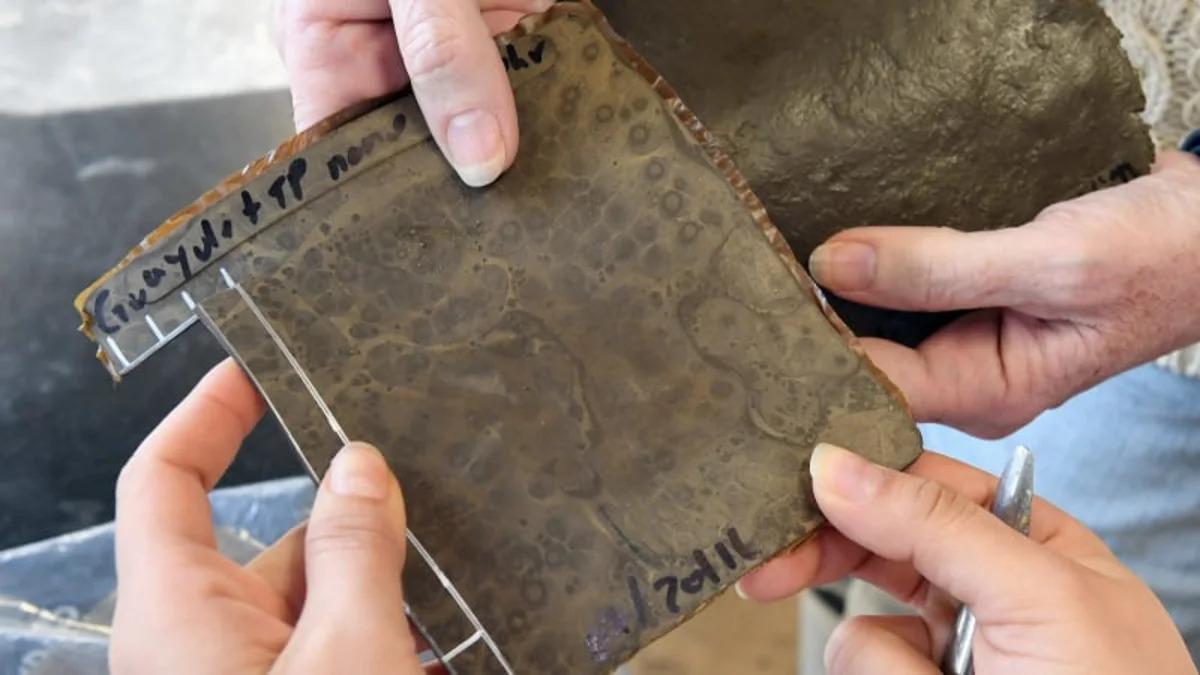Making tires is dirty business. About 30 percent of each of your car's shoes is made up of a filler called carbon black. It helps make the rubber more durable, and gives it its black color. It's made by the incomplete combustion of hydrocarbons (read: petroleum). Carbon black's manufacture contributes to harmful emissions, and it's in increasing demand and dwindling supply as the tire industry grows. Researchers at Ohio State University think they have found an alternative, though, and it just might be sitting in your compost pile.
Food waste, specifically eggshells and tomato skins, makes a great replacement for carbon black in tires, according to OSU scientists. In addition to being a more environmentally friendly material, it can be sourced locally (rather than imported from overseas, like much carbon black), and it diverts food waste from ending up in landfills.
Eggshells and tomato skins provide certain practical advantages when used in tires. Tomato peels offer high-temperature stability, and ground eggshells' porous structure bonds well to rubber. They work well together, as OSU postdoctoral researcher Cindy Barrera explains, with the tires exceeding industrial performance standards. While traditional fillers usually make the rubber less flexible, "replacing different portions of carbon black with ground eggshells and tomato peels caused synergistic effects – for instance, enabling strong rubber to retain flexibility." The resulting rubber is reddish-brown, but the OSU team is looking into ways to manipulate the color.
While carbon black is no longer in surplus, eggshells and tomato skins are cheap and abundant. Americans consume almost 100 billion eggs and 13 million tons of tomatoes each year. Half of those eggs and most tomatoes are processed in food factories, which discard the shells and skins. As such, Katrina Cornish, Endowed Chair in Biomaterials at OSU says these factories would be the go-to source for the new filler material, as opposed to collecting scraps at the household level.
The technology for these biowaste-based tires has been licensed to a company called EnergyEne, which is owned by Prof. Cornish, for further development, according to Phys.org.
Related Video:


Sign in to post
Please sign in to leave a comment.
Continue